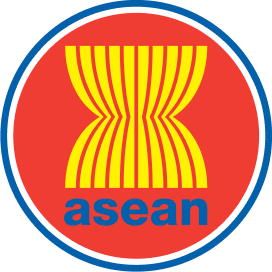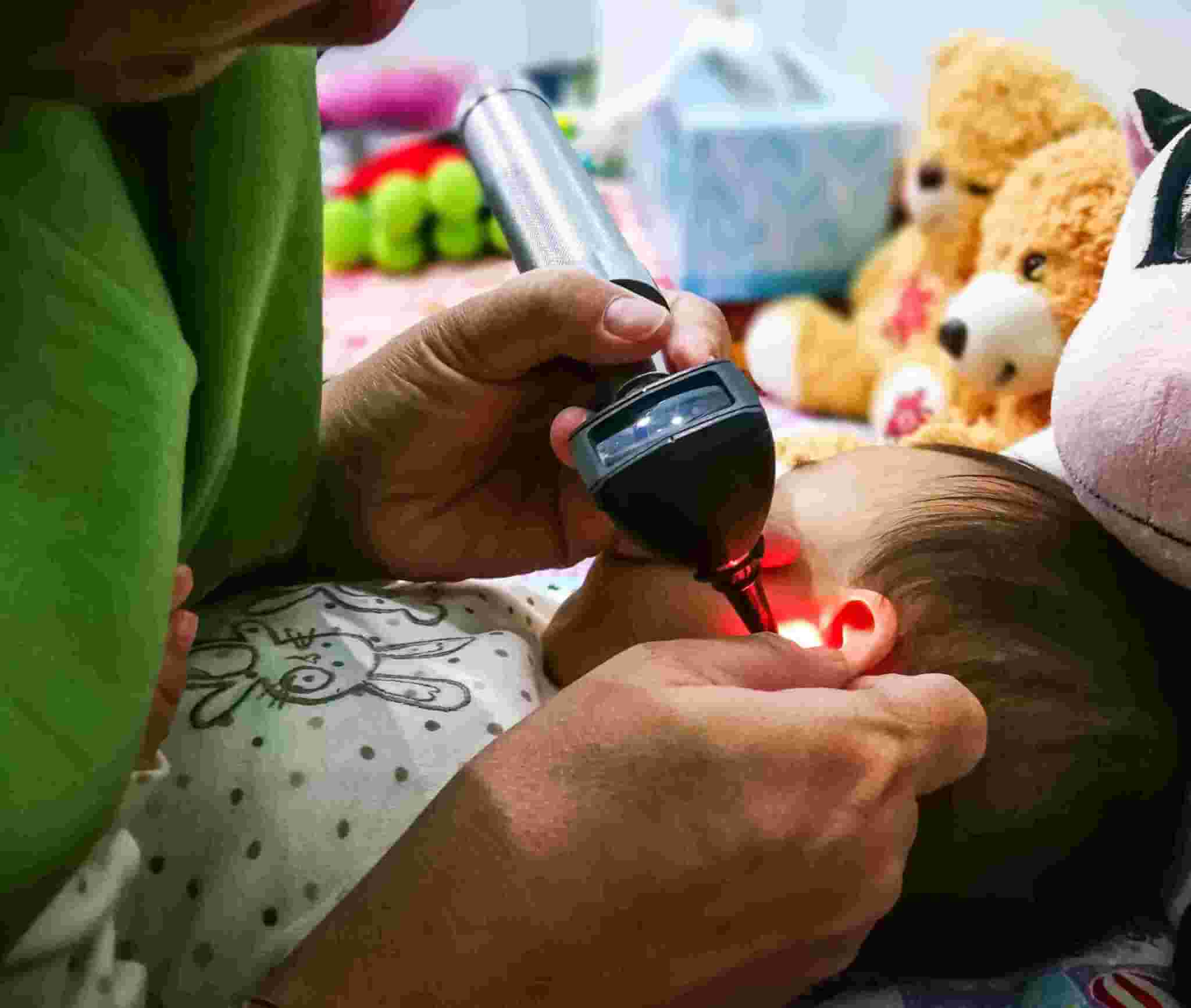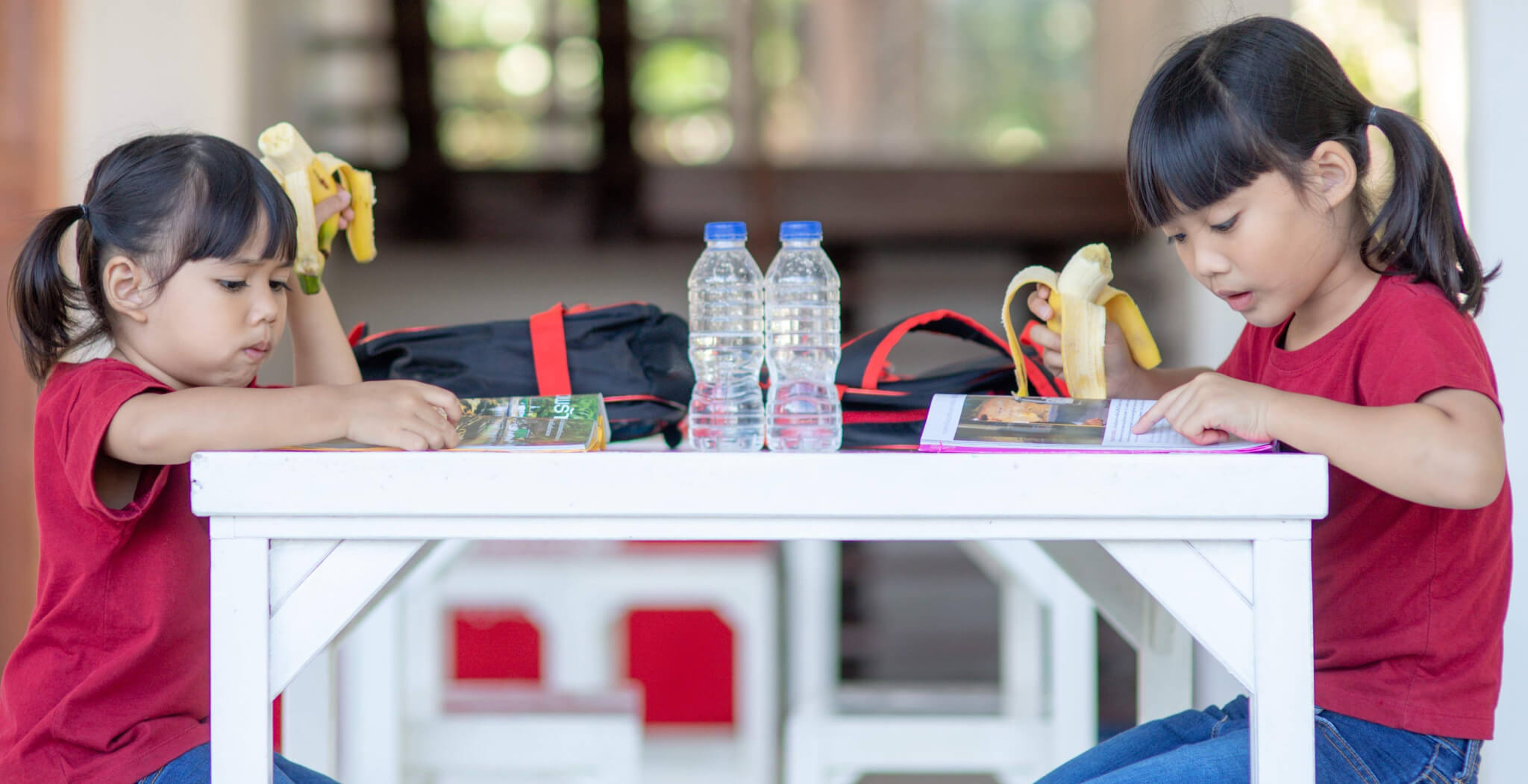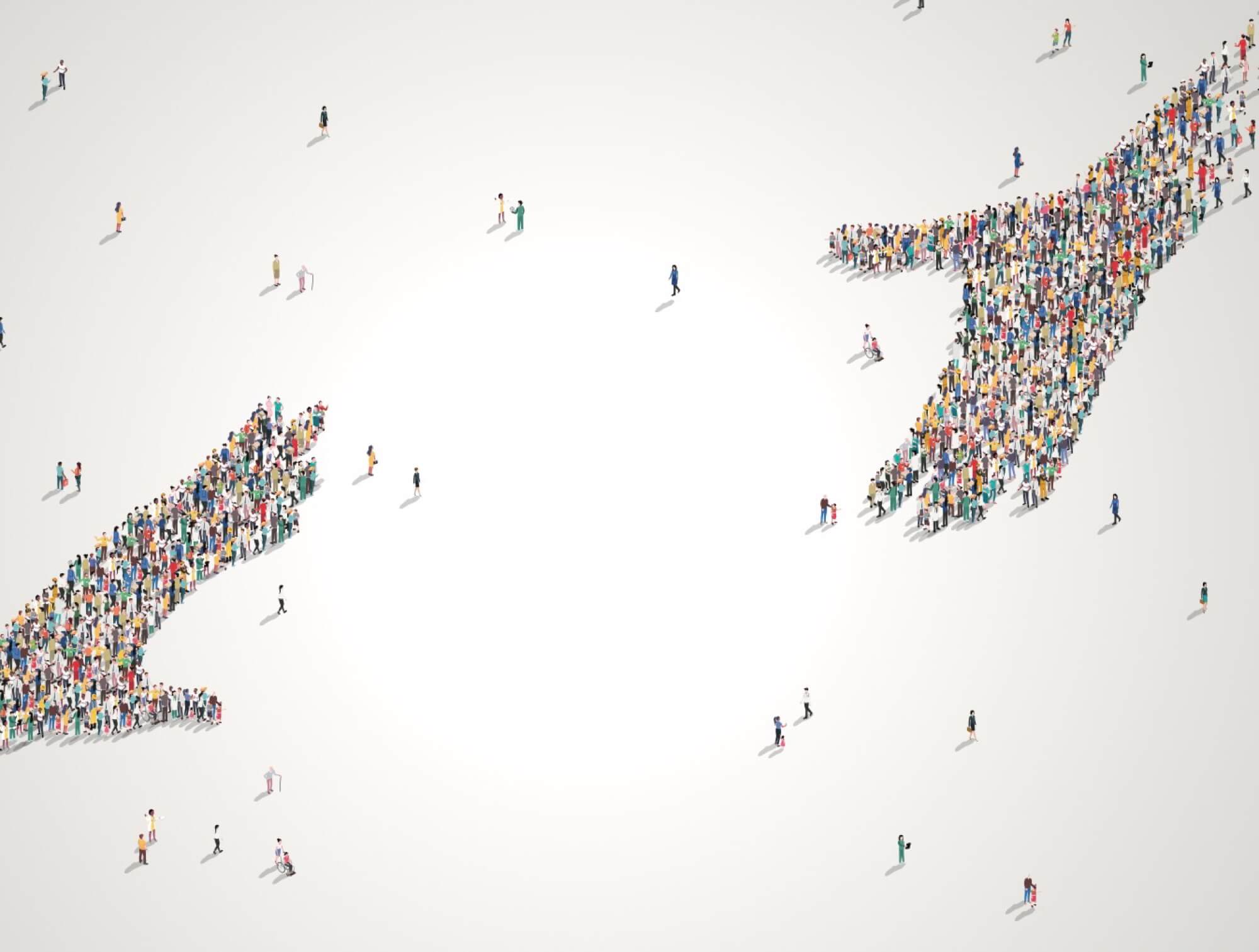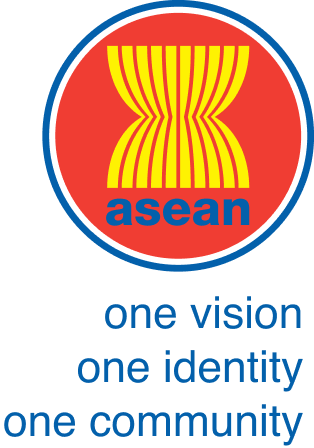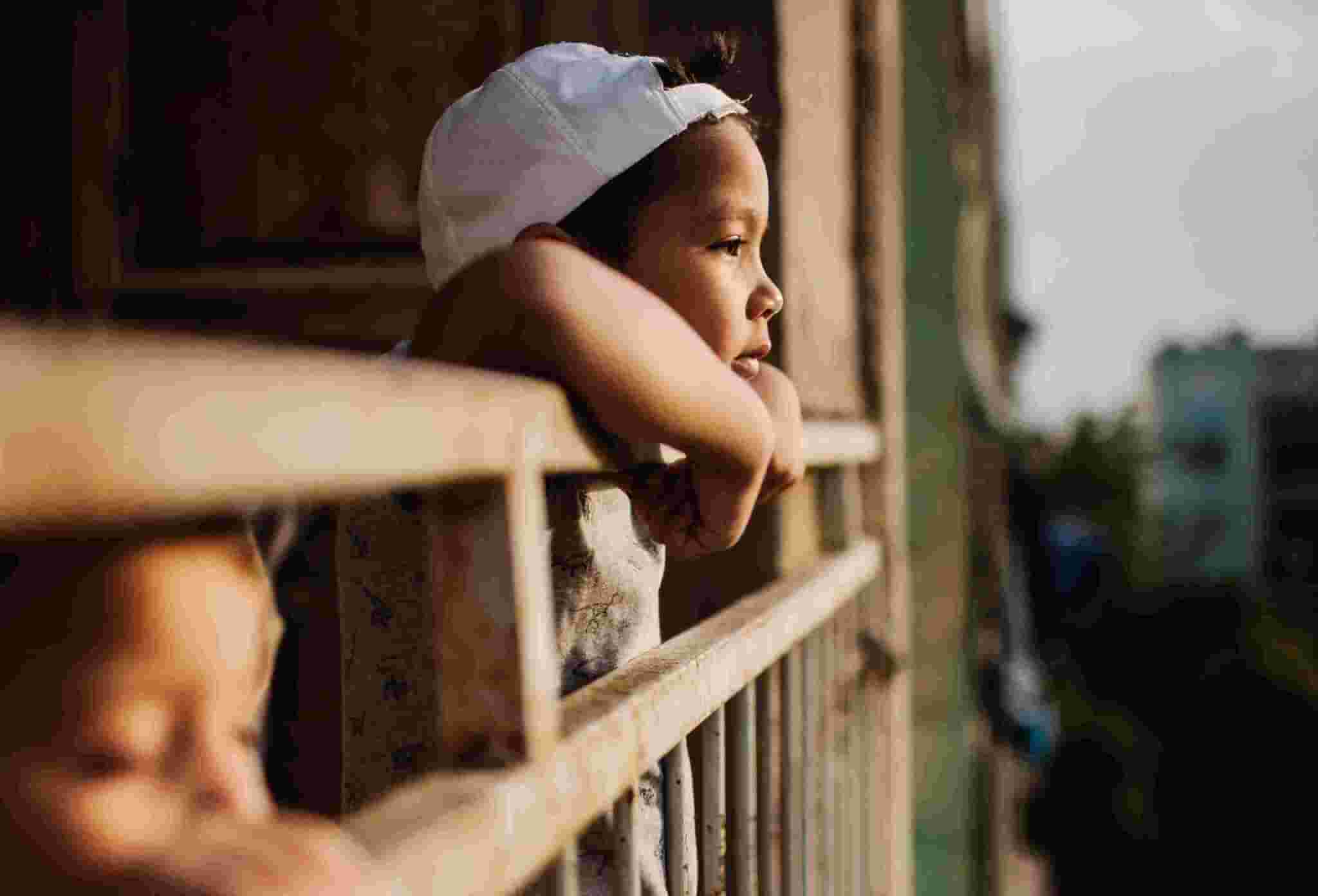


ASEAN has emerged as a key player in promoting child rights within the region. A significant example is the ASEAN Declaration on the Rights of Children in the Context of Migration, adopted in Bangkok, Thailand on November 2, 2019. This declaration outlines a strong commitment to safeguarding the rights and well-being of migrant children.
The Declaration acknowledges the millions of children worldwide displaced due to various factors like conflict, poverty, and environmental issues. It emphasises the need for robust mechanisms to safeguard these children's rights and access to essential services throughout their journeys, within and across borders.
The Declaration references the UN Convention on the Rights of the Child (CRC), ratified by all ASEAN member states, as the cornerstone for protecting and promoting children's rights, even in migration contexts. Existing instruments like the ASEAN Human Rights Declaration and the ASEAN Regional Plan of Action on the Elimination of Violence against Children (RPA on EVAC), and the ASEAN Convention Against Trafficking in Persons are also referenced.
Regional Initiatives
A significant regional initiative is the Regional Plan of Action on Implementing the ASEAN Declaration on the Rights of Children in the Context of Migration. Launched virtually in 2022, this plan serves as a roadmap, guiding ASEAN member states in their collaborative efforts to achieve the Declaration’s goals.
The ASEAN Commission on the Rights of Women and Children (ACWC) stands as a dedicated champion for child rights across the region. This sectoral body places particular emphasis on addressing the vulnerabilities faced by migrant children.
Fostering dialogue and knowledge sharing is another cornerstone of regional support. Events like the Virtual Side Event on Children in Migration (2021) and the ASEAN Workshop on Women and Children in the Context of Migration (2022) provide valuable platforms for collaboration and exchange of best practices.
Engagement with various stakeholders further strengthens regional efforts. A key example is UNICEF’s collaboration with ASEAN member states on promoting child protection and education programs. These programs benefit migrant children as well, ensuring their access to essential support and opportunities.
The interconnectedness of ASEAN declarations is also noteworthy. While the ASEAN Declaration on the Protection of Migrant Workers and Family Members in Crisis Situations (2023) focuses on migrant workers broadly, it indirectly strengthens the protection of migrant children. After all, these children are often dependents of migrant workers, and their well-being is intrinsically linked.
